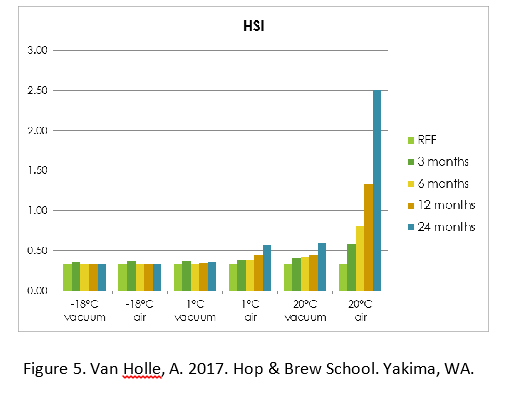Ok. I’m sure this question is answered but here goes. I bought a ton of Yakima valley hops back on late 2021. Was a bit over zealous with my inventory ideas. I brewed a few times then went on a hiatus from mid 22 to January 4 this year. All these hops I vacuumed sealed and have had them in my deep freeze since. I also have a few of the 16 oz nitrogen purged cans n there as well. The ones you get from Yakima valley box subscription. Should have gotten the 8 oz-ers.
My question is, while I’ve used them, is this ok to do? All of my inventory is from the same era. Dry yeast, some expired, some not, same with grains. All properly stored, air tight. However, I’ve brewed 4 batches so far this year and only one is drinkable. I’m still dialing in my Clawhammer Supply 120v system. It’s think that’s why I didn’t get proper starch conversion.
I got bitten by that Homebrew bug again. And I’m desperate to make great beer.
Skal!
My question is, while I’ve used them, is this ok to do? All of my inventory is from the same era. Dry yeast, some expired, some not, same with grains. All properly stored, air tight. However, I’ve brewed 4 batches so far this year and only one is drinkable. I’m still dialing in my Clawhammer Supply 120v system. It’s think that’s why I didn’t get proper starch conversion.
I got bitten by that Homebrew bug again. And I’m desperate to make great beer.
Skal!























![Craft A Brew - Safale BE-256 Yeast - Fermentis - Belgian Ale Dry Yeast - For Belgian & Strong Ales - Ingredients for Home Brewing - Beer Making Supplies - [3 Pack]](https://m.media-amazon.com/images/I/51bcKEwQmWL._SL500_.jpg)


































